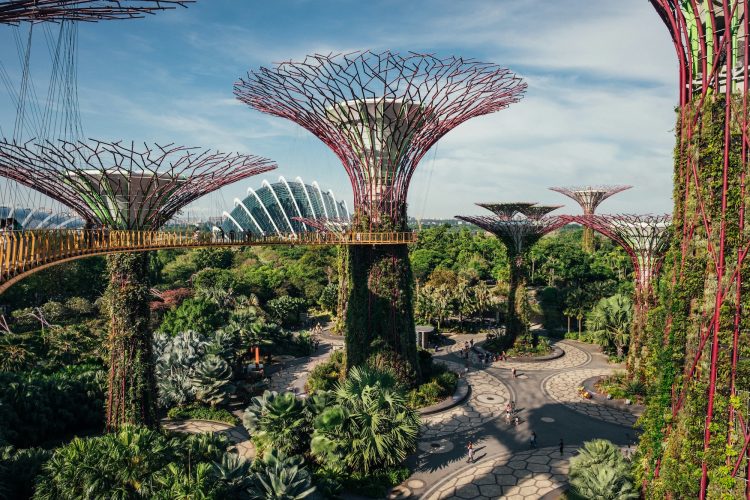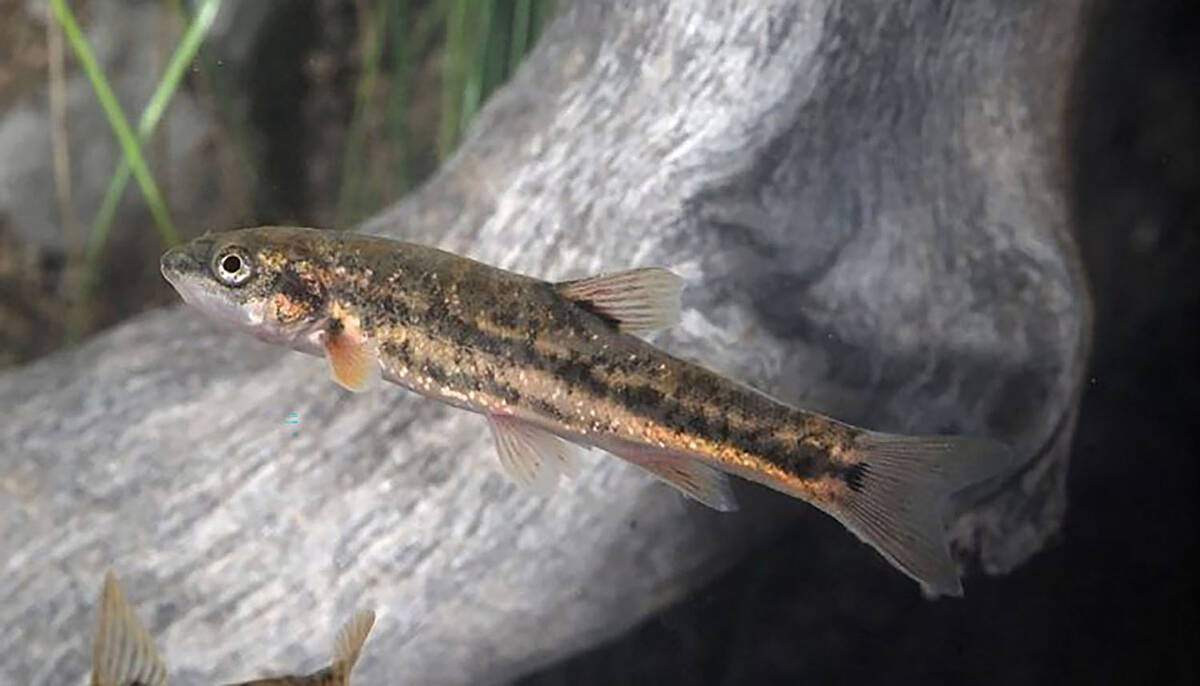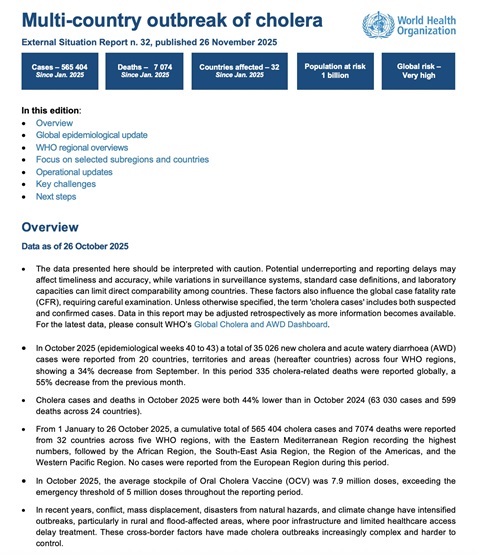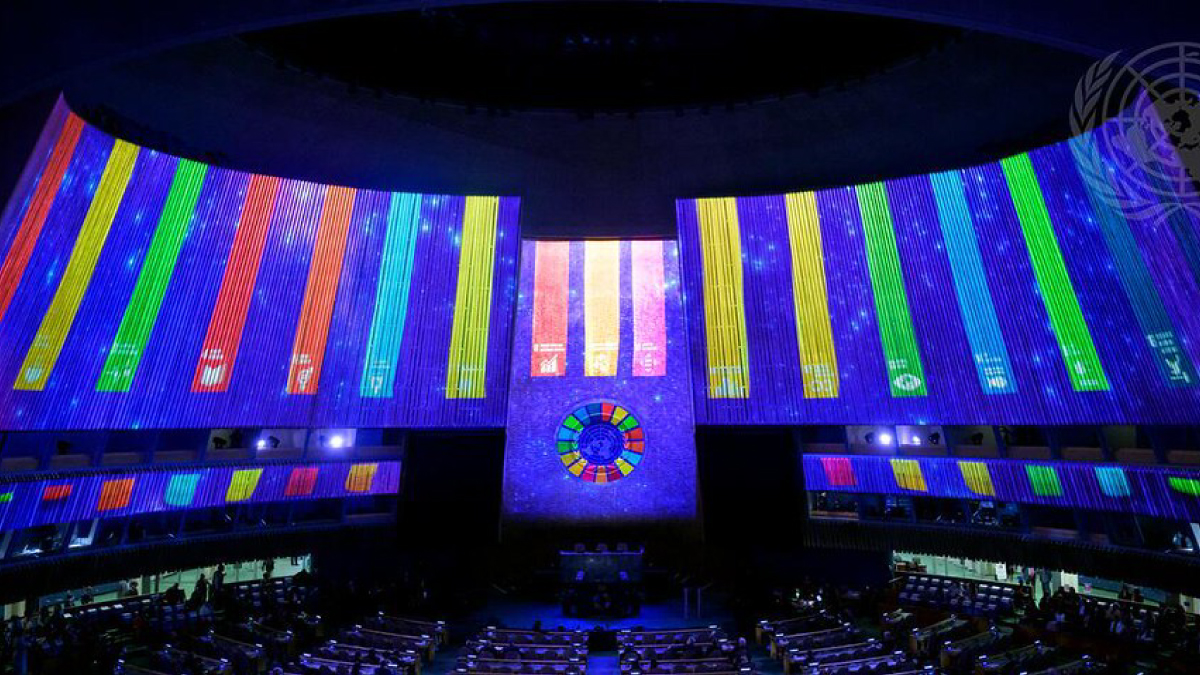Sustainable Travel in Focus: Cyprus to Lead EU Tourism Initiatives – Travel And Tour World
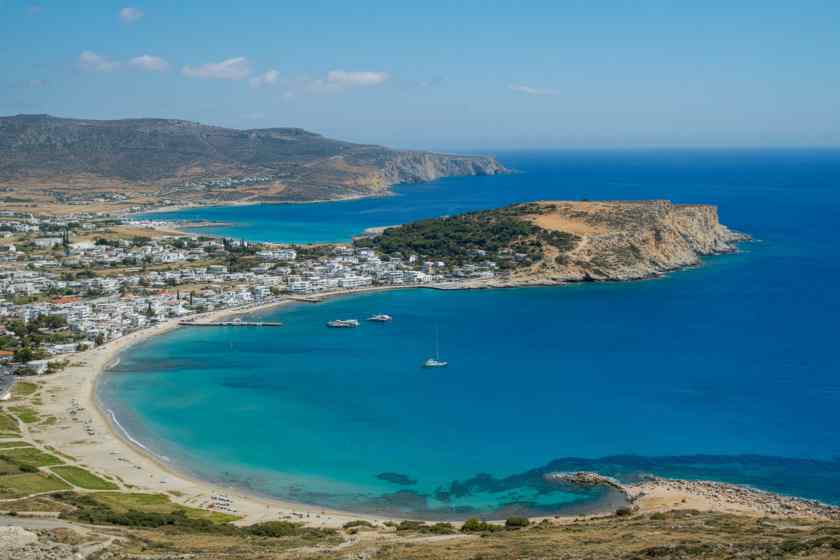
Cyprus’s 2026 EU Presidency: A Strategic Focus on Sustainable Tourism
Introduction: Strategic Vision for European Tourism
During its presidency of the Council of the European Union from January to June 2026, Cyprus will prioritize the enhancement of the European tourism industry. The strategic vision centers on advancing sustainability, competitiveness, and resilience across the sector. This agenda is in direct alignment with the United Nations Sustainable Development Goals (SDGs), aiming to foster responsible and inclusive growth.
Core Priorities and Alignment with Sustainable Development Goals (SDGs)
Fostering Economic Growth and Decent Work (SDG 8)
A primary objective is to strengthen the tourism economy of Cyprus and fellow EU member states, contributing to SDG 8. Key initiatives include:
- Diversifying the tourism sector by developing new products such as eco-tourism, wellness tourism, and cultural heritage tourism to meet evolving consumer demands.
- Enhancing the competitiveness of the EU tourism sector to address post-pandemic challenges and ensure long-term, sustainable economic growth.
- Promoting policies that support local businesses and create decent work opportunities within the tourism industry.
Promoting Sustainable Communities and Responsible Consumption (SDG 11 & SDG 12)
Cyprus’s strategy emphasizes the development of sustainable infrastructure and responsible tourism practices, directly supporting SDG 11 and SDG 12. The plan involves:
- Upgrading existing tourism facilities to comply with EU standards for sustainable development and inclusiveness.
- Implementing measures to counter the over-concentration of tourists in major hubs by promoting authentic travel experiences in smaller towns and villages.
- Distributing the economic benefits of tourism more equitably among local communities, thereby enhancing their sustainability and resilience.
- Showcasing national eco-friendly initiatives, such as sustainable hotel certifications, as models for responsible consumption and production across the EU.
Implementation Strategy and EU Council Leadership
Advocacy and Policy Influence
As president of the EU Tourism Council, Cyprus will play a pivotal role in shaping European tourism policy. The nation will coordinate closely with the European Commission and member states to achieve its objectives.
- Policy Development: Collaborate on the implementation of Commission policies related to sustainable tourism development, marketing, and infrastructure.
- Representation: Advocate for the specific concerns of small island states and peripheral tourism economies within EU policy debates.
- Regional Collaboration: Foster regional tourism by improving the ease of travel and access to tourism frameworks among EU members.
Technological Integration and Innovation
Technology is identified as an integral component of the 2026 tourism strategy. The focus will be on leveraging digital tools to enhance sustainability and efficiency.
- Improving the visitor experience through advanced digital services.
- Streamlining tourism marketing and management with innovative technologies.
- Utilizing digital platforms, from advanced online booking systems to immersive virtual travel experiences, to promote sustainable travel options.
Strengthening Partnerships for the Goals (SDG 17)
Cyprus intends to use its presidency to foster collaboration among all stakeholders, a key tenet of SDG 17. This includes streamlining relations between EU institutions, national governments, private businesses, and local communities to build a more cohesive and competitive European tourism sector.
Conclusion
The 2026 EU presidency offers Cyprus a significant opportunity to lead the European tourism sector towards a more sustainable and resilient future. By integrating the Sustainable Development Goals into its core strategy, Cyprus aims to establish an innovation-driven tourism model that balances economic growth with environmental and social responsibility for the entire European Union.
Analysis of SDGs in the Article
1. Which SDGs are addressed or connected to the issues highlighted in the article?
-
SDG 8: Decent Work and Economic Growth
The article emphasizes Cyprus’s goal to “enhance its own tourism industry” and “harden its economic tourism.” It discusses plans to grow the tourism market, create a “more competitive tourism sector,” and ensure “local communities with the opportunity to enjoy the economic benefits of tourism,” all of which are central to promoting sustained, inclusive, and sustainable economic growth.
-
SDG 9: Industry, Innovation, and Infrastructure
The article mentions the “development of tourism infrastructure” and plans to “further develop Cyprus’ current tourism facilities.” Furthermore, it highlights a focus on the “integration of technology and tourism,” including “advanced online bookings to immersive virtual travel experiences” and establishing an “innovation-driven tourism sector,” which aligns with building resilient infrastructure and fostering innovation.
-
SDG 11: Sustainable Cities and Communities
The article addresses the issue of over-tourism by aiming to “balance the distribution of tourists in the EU and counter the over concentration of tourists in certain areas.” This strategy supports smaller destinations, towns, and villages, promoting sustainable regional development. It also mentions the promotion of “cultural heritage tourism,” which connects to safeguarding cultural heritage.
-
SDG 12: Responsible Consumption and Production
Sustainability is a core theme. The article explicitly states, “Sustainability shall form the basis of Cyprus’ tourism vision and policy.” It details plans for “promoting sustainability,” implementing “eco-friendly initiatives,” developing “eco-tourism,” and awarding a “sustainable hotel certificate,” all of which are direct actions towards ensuring sustainable consumption and production patterns.
-
SDG 17: Partnerships for the Goals
The entire premise of the article is Cyprus using its EU presidency to foster collaboration. It details plans for “establishing collaboration and support within the EU,” “coordinating with the European Commission officials,” working with “other EU countries,” and streamlining relations with “business and local stakeholders.” This highlights a multi-stakeholder approach to achieving sustainable development.
2. What specific targets under those SDGs can be identified based on the article’s content?
-
SDG 8: Decent Work and Economic Growth
- Target 8.9: By 2030, devise and implement policies to promote sustainable tourism that creates jobs and promotes local culture and products.
The article directly supports this target by outlining Cyprus’s strategy to promote “sustainable tourism,” diversify the sector with “eco-tourism, wellness tourism, and cultural heritage tourism,” and ensure economic benefits reach “local communities.”
- Target 8.9: By 2030, devise and implement policies to promote sustainable tourism that creates jobs and promotes local culture and products.
-
SDG 9: Industry, Innovation, and Infrastructure
- Target 9.1: Develop quality, reliable, sustainable and resilient infrastructure…to support economic development and human well-being.
This is reflected in the plan to “further develop Cyprus’ current tourism facilities to comply with the EU requirements of sustainable tourism development” and the general “development of tourism infrastructure in the area.”
- Target 9.1: Develop quality, reliable, sustainable and resilient infrastructure…to support economic development and human well-being.
-
SDG 11: Sustainable Cities and Communities
- Target 11.4: Strengthen efforts to protect and safeguard the world’s cultural and natural heritage.
The article connects to this target through its aim to “further diversify the sector through developing new products” such as “cultural heritage tourism,” leveraging the island’s “rich history.” - Target 11.a: Support positive economic, social and environmental links between urban, peri-urban and rural areas by strengthening national and regional development planning.
Cyprus’s focus on countering the “over concentration of tourists in certain areas” and promoting “smaller destinations… towns and villages across the EU” is a direct application of this target, aiming to strengthen regional tourism and development.
- Target 11.4: Strengthen efforts to protect and safeguard the world’s cultural and natural heritage.
-
SDG 12: Responsible Consumption and Production
- Target 12.b: Develop and implement tools to monitor sustainable development impacts for sustainable tourism…
The article mentions that Cyprus has already implemented tools like the “award of the sustainable hotel certificate” and various “eco-tourism projects,” which are used to monitor and promote sustainable practices in the tourism industry.
- Target 12.b: Develop and implement tools to monitor sustainable development impacts for sustainable tourism…
-
SDG 17: Partnerships for the Goals
- Target 17.17: Encourage and promote effective public, public-private and civil society partnerships…
The article describes Cyprus’s intent to use its presidency to “streamline relations of the countries of the EU with the business and local stakeholders in the field of tourism,” which is a clear example of fostering multi-stakeholder partnerships.
- Target 17.17: Encourage and promote effective public, public-private and civil society partnerships…
3. Are there any indicators mentioned or implied in the article that can be used to measure progress towards the identified targets?
-
For Target 8.9 (Sustainable Tourism Policies):
- Implied Indicator: The number and economic performance of new tourism products developed, specifically in “eco-tourism, wellness tourism, and cultural heritage tourism.”
- Implied Indicator: Measurement of economic benefits (e.g., revenue, employment) generated in “local communities” and “smaller destinations” as a result of new tourism policies.
-
For Target 11.a (Regional Development Planning):
- Implied Indicator: Data on tourist distribution, measuring the change in the percentage of tourists visiting “capital cities” versus “smaller destinations… towns and villages” to track progress in balancing tourist flows.
-
For Target 12.b (Monitoring Sustainable Tourism):
- Mentioned Indicator: The number of hotels and tourism businesses that receive the “sustainable hotel certificate.”
- Mentioned Indicator: The number and scale of “eco-tourism projects” initiated and completed.
-
For Target 9.1 (Infrastructure and Technology):
- Implied Indicator: The level of investment in and completion of projects for the “development of tourism infrastructure.”
- Implied Indicator: The rate of adoption of new technologies such as “advanced online bookings” and the creation of “immersive virtual travel experiences” within the tourism sector.
4. Summary Table of SDGs, Targets, and Indicators
| SDGs | Targets | Indicators (Mentioned or Implied) |
|---|---|---|
| SDG 8: Decent Work and Economic Growth | 8.9: Promote sustainable tourism that creates jobs and promotes local culture and products. |
|
| SDG 9: Industry, Innovation, and Infrastructure | 9.1: Develop quality, reliable, sustainable and resilient infrastructure. |
|
| SDG 11: Sustainable Cities and Communities | 11.4: Protect and safeguard cultural and natural heritage.
11.a: Strengthen national and regional development planning. |
|
| SDG 12: Responsible Consumption and Production | 12.b: Develop and implement tools to monitor sustainable development impacts for sustainable tourism. |
|
| SDG 17: Partnerships for the Goals | 17.17: Encourage and promote effective public, public-private and civil society partnerships. |
|
Source: travelandtourworld.com
What is Your Reaction?
 Like
0
Like
0
 Dislike
0
Dislike
0
 Love
0
Love
0
 Funny
0
Funny
0
 Angry
0
Angry
0
 Sad
0
Sad
0
 Wow
0
Wow
0
